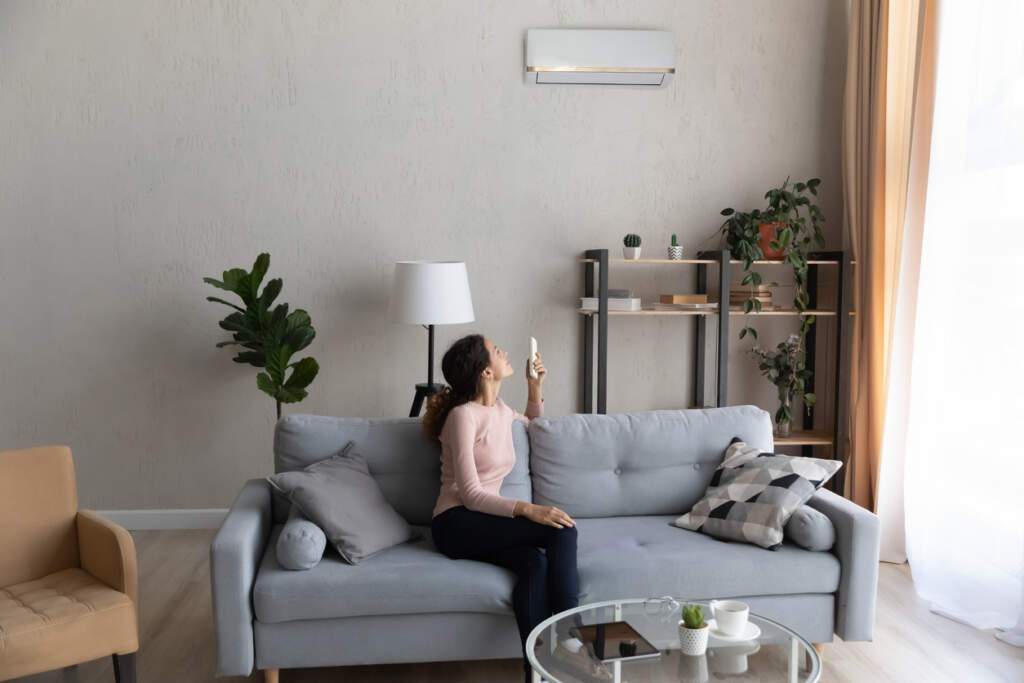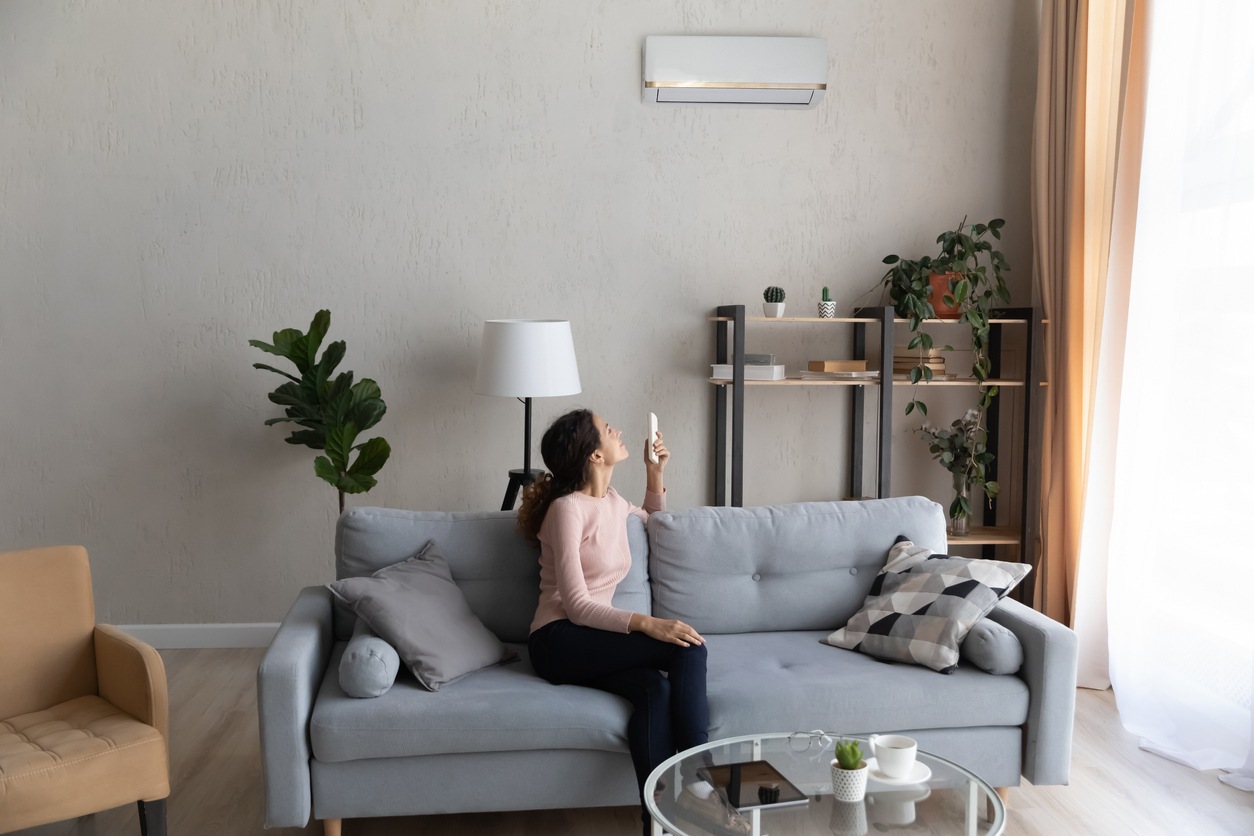
Air conditioners are an essential part of modern living. When the warmer months come around, finding relief from the heat is a necessity. A comfortable and cool environment is integral for your comfort and general well-being, and an air conditioner can help with just that.
Air conditioners offer plenty of benefits other than staying cool in summer. From improved indoor air quality, improved sleep and increased productivity to increased comfort and extended life of electronic devices, the power of the air conditioner can’t be undermined.
Buying an air conditioner can be a daunting task. With so many types of air conditioners on the market, it’s tricky to know which one is best for you. If you’re ready to take on the task of buying an air conditioner, we’ve got your back.
What is the Best Air Conditioner to Buy?
Not sure how to buy an air conditioner? It’s important to know the different air conditioners available and how they work so you can make the most informed decision. When deciding which air conditioner to buy, there are a few key things to consider. Think about the size of your space–is your living room large or on the smaller side? If you’re renting, you will need to consider something that is compact and doesn’t require installation. Take into account your budget, including the initial purchase, installation price and long-term costs.
Types of Air Conditioners
Which air conditioner you buy depends on your needs. We’ll run through the most common air conditioners you can buy and install in Australia.

Window Air Conditioners
Window air conditioners are a popular choice for small units, apartments or rooms. As their name suggests, window air conditioners and wall-mounted air conditioners are installed on the window or wall, designed to cool down one room at a time. Generally, window air conditioners work best at cooling small spaces, like bedrooms and home offices.
Advantages
- Budget-friendly
- Ideal for cooling small spaces like bedrooms
- Easy to install
- Compact
Disadvantages
- Can be loud and noisy
- Limited cooling abilities
- Not energy efficient
Portable Air Conditioners
Compact, lightweight and powerful, portable air conditioners are a great choice for those who need a versatile and flexible air cooler. They work by drawing in warm air and cooling it before expelling it back into the room. Ideal for cooling one room at a time, portable air conditioners are low cost, require no installation and are easy to store away during the colder months. If you’re looking for an air cooler that is cheap, easy to move around and requires no installation, buy a portable air conditioner.
Advantages
- Compact and portable
- Flexible and easy to move around
- Easy to install
- Affordable
Disadvantages
- Limited cooling capacity
- Can be noisy
- Higher energy usage
Split System Air Conditioners
Split-system air conditioners are the most common type in Australia. They have two parts: an indoor unit producing cool air and an outdoor unit to exhaust heat outside. Generally, split systems are low-cost and affordable to install. With separate units for each room in the home, you can use each unit independently in each room, making split systems a flexible choice.
Reverse Cycle Split Systems
Reverse cycle split systems differ from typical split systems as they’re suitable for both summer and winter. They are one of the most flexible air conditioners as they provide both cooling and heating. Not only can reverse cycle split systems be used all year round, but they’re energy efficient too.
Advantages
- Ideal for large spaces
- Low cost to install
- Flexible
- Energy-efficient
- Quiet operation
- Easy to install
Disadvantages
- Limited cooling capacity
- Can only cool one room at a time
Central / Ducted Air Conditioners
Central air conditioners–also known as ducted cooling–are designed to cool entire homes or offices. Usually, ducted air conditioners are installed in the ceiling or in the floor of a building and send cool air through a series of ducts installed throughout a building. Central air conditioners are ideal for cooling entire homes or buildings, are discreet in their design and provide flexibility. If you have an office that needs cooling or need to cool down the whole house without hassle, buy a central air conditioner.
Advantages:
- Can cool an entire building
- Discreet installation
- Zoning options for individual room control
Disadvantages:
- Can be expensive
- High energy usage
- Longer installation time
Inverter Air Conditioners
Inverter air conditioners use advanced technology to monitor the temperature of the room. Once a room is cool, they can lower the speed of the motor to save energy and maintain the temperature of the room. This way, you’ll save energy and won’t need to turn the air conditioner on and off constantly to reach the desired temperature.
Usually, inverter air conditioners are more expensive to install but are quiet, cheaper to run and can vary the temperature of the air they produce.
Advantages
- Quieter than other air conditioners
- Cheaper to run
- Varied temperature control
- Maintains the desired temperature
Disadvantages
- Can be expensive to install
Evaporative Air Conditioners
Evaporative air conditioners are popular in Australia, especially in dry climates. They work by drawing in dry and hot air and then passing it over a moistened pad to cool the air.
Advantages:
- Energy-efficient
- Ideal for hot and dry climates
- Works with windows and doors open
- Can be portable air coolers
Disadvantages:
- Not suitable in humid climates
- High maintenance
- Can increase humidity indoors
What to Look For When Buying an Air Conditioner
Kilowatts (kW)
The kilowatts (kW) in an air conditioner measure the cooling or heating capacity of an air conditioner. In general, you will need approximately 1×25-1.7 kW of power per 10 square metres. To put it simply, the larger the room, the more kW you need in an air conditioner.
Energy Rating
The energy star rating refers to energy efficiency. More stars mean the air conditioner is more efficient compared to other models of the same size. The more stars, the less the air conditioner costs to run–and the lower the price in the long run! For example, 4 out of 5 stars will save you more money on electricity bills over time. Consider the price of the air conditioner, the cost of installation and the energy rating before purchasing.
Additional Features
- Allergen filters are used to eliminate bacteria, fungal spores and dust particles from the air.
- Auto-clean can wash dirt and grime off the internal components, saving you on maintenance time.
- Timer and sleep mode functions are common features, letting you set a timer for when your air conditioner turns on and off and switches to low-power mode for balmy nights.
- Wi-Fi connectivity allows you to control your air conditioner through a smart home system or your smart phone.








